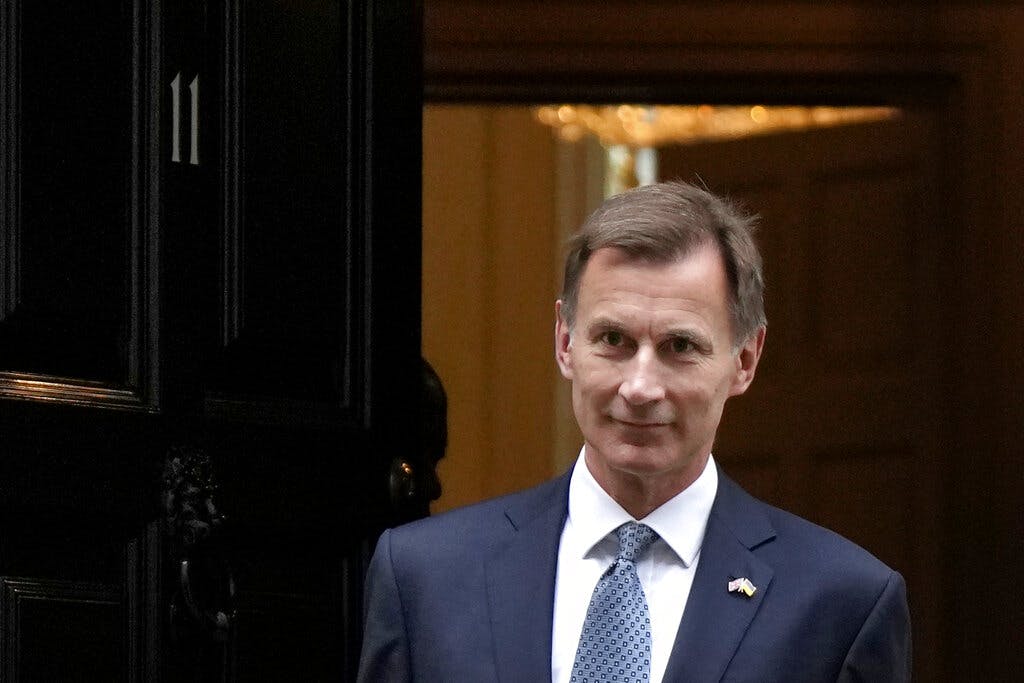
Florida Freeze Prompts Roundup of Cold-Stunned Iguanas as Thousands Fall From Trees
By LUKE FUNK
|The U.K.’s annual inflation rate hit a four-decade high of 11.1 percent in October, fueling a cost-of-living crisis and a wave of strikes.

Already have a subscription? Sign in to continue reading
$0.01/day for 60 days
Cancel anytime
By continuing you agree to our Privacy Policy and Terms of Service.

By LUKE FUNK
|
By THE NEW YORK SUN
|
By LAWRENCE KUDLOW
|
By THE NEW YORK SUN
|
By BENNY AVNI
|
By SHARON KEHNEMUI
|
By BRADLEY CORTRIGHT
|
By MARIO NAVES
|